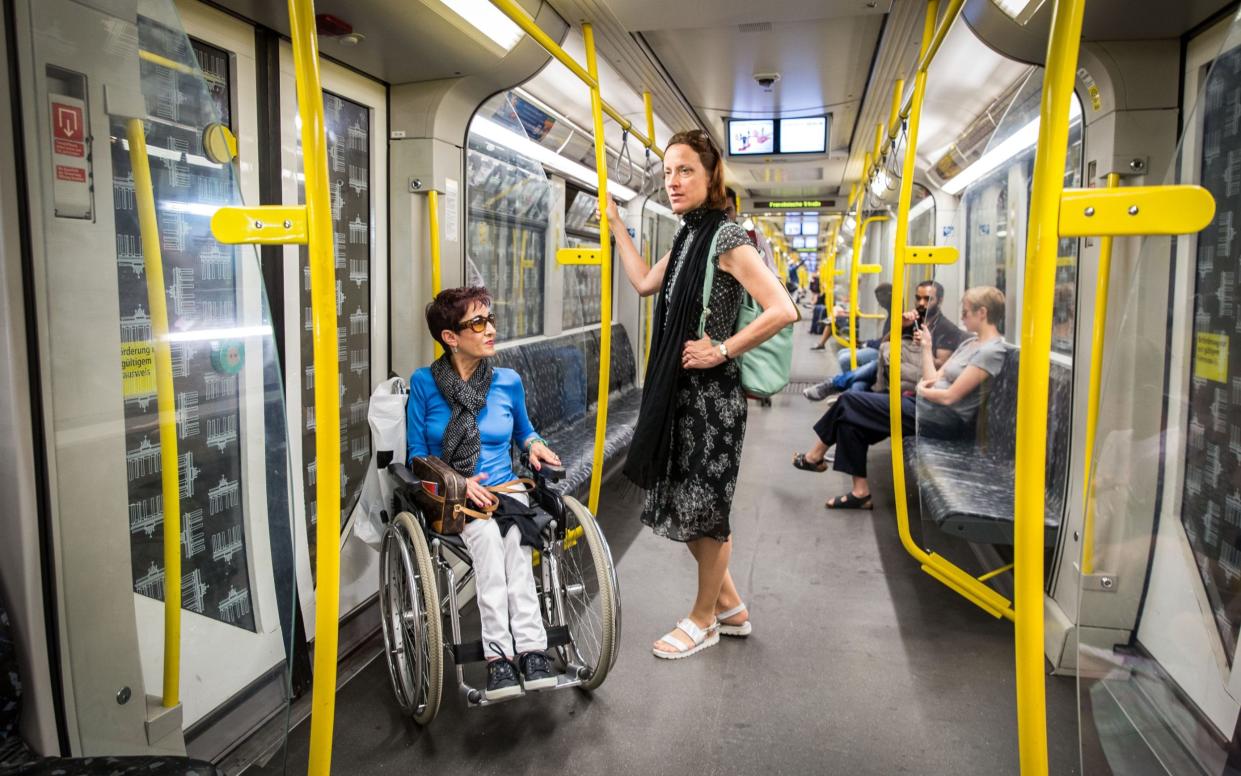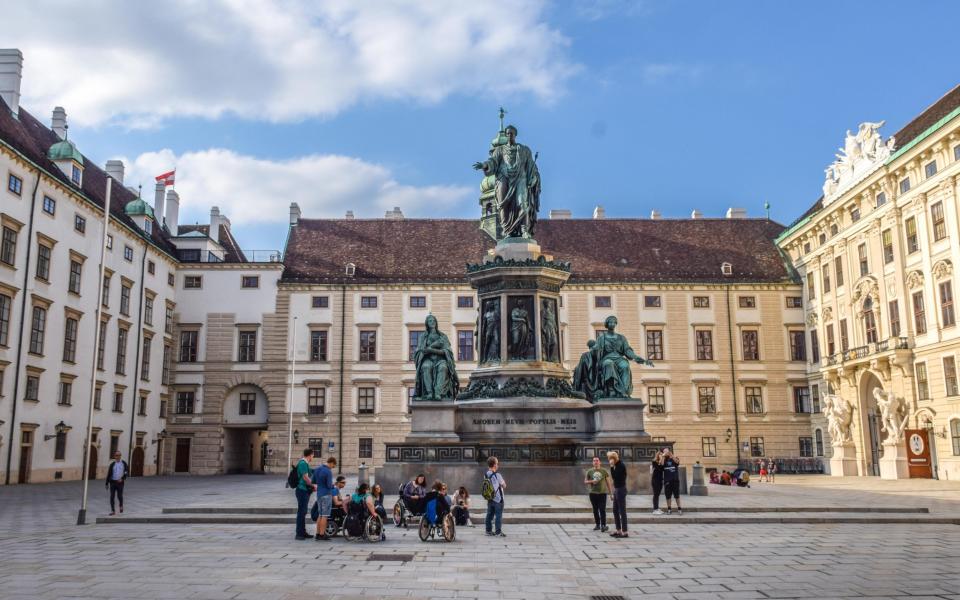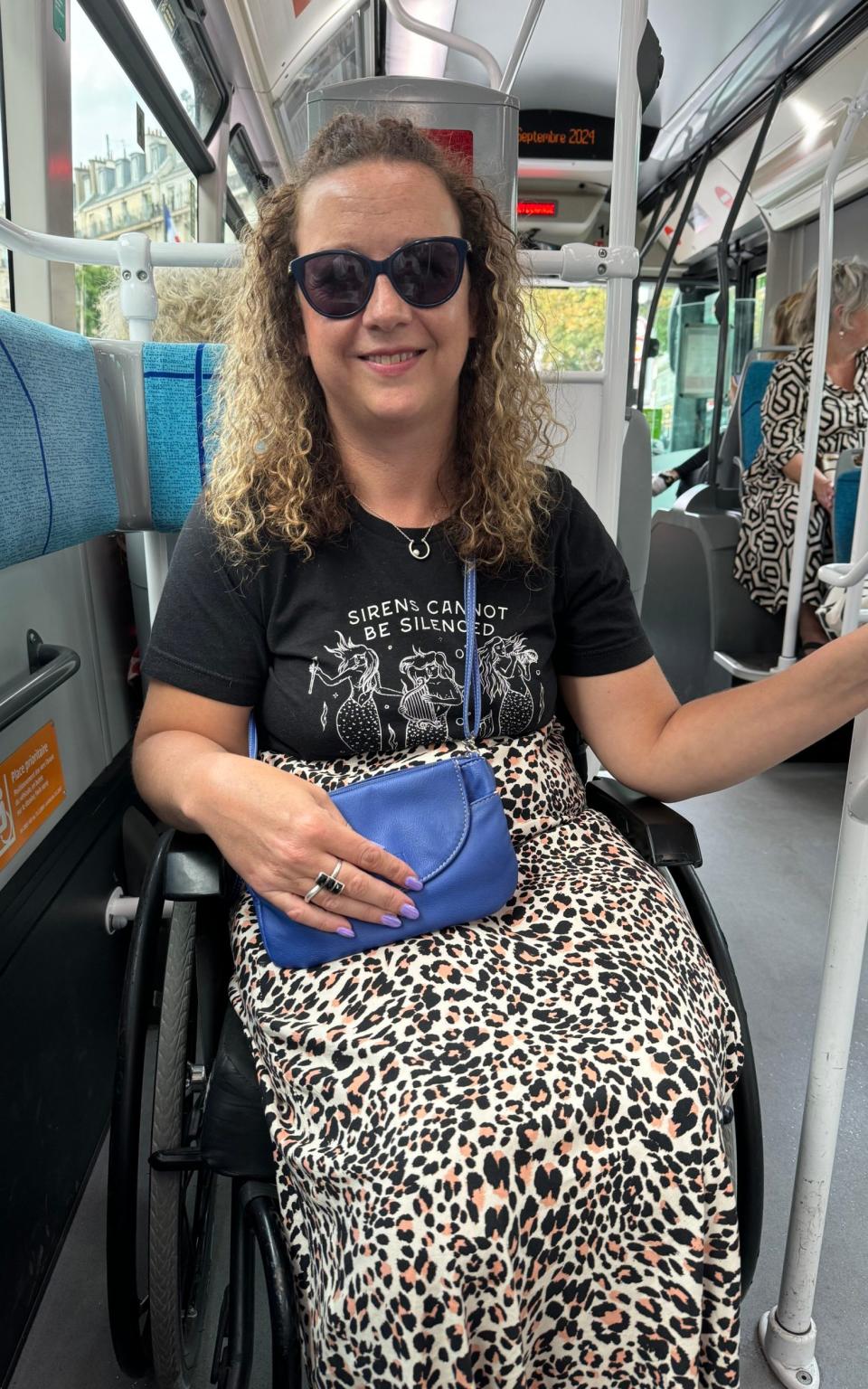Ten of the most accessible cities in Europe, and how to visit them

Travelling as a disabled person presents a unique set of challenges that often go overlooked. From navigating cobblestone streets to finding truly accessible accommodation, it’s clear that “fully accessible” remains an unhelpful and often inaccurate term. As a wheelchair user and someone who is neurodivergent, I spend a lot of time explaining to others that accessibility is not a one-size-fits-all concept.
What works for me might not work for a deaf person or someone with dementia. The needs of disabled people are diverse and multifaceted, and it’s vital that we acknowledge this in discussions of accessible travel.
However, there’s cause for optimism. From Berlin’s comprehensive “Berlin Without Barriers” initiative to Barcelona’s accessible beaches, we’re beginning to see meaningful change. According to the UK government’s Disabled People’s Travel Behaviour and Attitudes to Travel report, over 40 per cent of disabled people encounter barriers to travel, but cities are increasingly recognising the need to accommodate people with a wide range of conditions.
Ultimately, it’s important to remember that accessibility varies greatly from one person to the next. This article offers a starting point to explore accessibility across Europe, keeping in mind that everyone’s needs are unique. Cities mentioned have been researched for their efforts to be inclusive for various requirements, although challenges remain. No city is perfect, but these 10 cities are making significant strides.
1. Berlin, Germany
“Berlin Without Barriers” is a campaign that supports disabled travellers with comprehensive accessibility information, covering everything from arrival in the city to dedicated events. There is an extensive network of wheelchair accessible buses, trams, and metro lines, with tactile ground indicators and audio-visual announcements. Many of Berlin’s top attractions, like the Reichstag and Brandenburg Gate, offer accessible tours and facilities for disabled visitors.
Considerations:
Older parts of the city, particularly in East Berlin, may pose challenges with uneven pavements and cobblestone streets.
While new trams and buses are accessible, some older tram lines still lack full step-free access.
Where to stay: Hotel Scandic Berlin Potsdamer Platz (tel 0049 30 7007790) offers doubles from £120 per night, including breakfast.
See our Berlin guide to plan your trip.
2. Barcelona, Spain

Barcelona is a city that impresses with its commitment to accessibility, particularly around key attractions like La Sagrada Familia and Park Güell. Its beaches are equipped with adapted access points and amphibious wheelchairs, and the city’s public transport system, including buses and metros, is almost entirely accessible, with audio-visual announcements as well as mobility access. The city also takes neurodiversity into account, with quiet times and quiet spaces at several museums.
Considerations:
Some areas in the Gothic Quarter have narrow, uneven streets that may be difficult to navigate.
Some areas of hilly terrain, particularly near Park Güell, can make travel challenging for those with mobility issues.
Hotel: Hotel Barcelona Universal (tel 0034 93 329 34 48) has doubles from £120 per night, including breakfast.
Plan your visit to Barcelona with our guide.
3. Warsaw, Poland
Warsaw has become increasingly accessible. Most public buses and metro stations are wheelchair accessible, and the city offers support for sensory needs in some public spaces. Places to visit, including the POLIN Museum of the History of Polish Jews, offer tactile exhibits, and there is accommodation for neurodivergent visitors. Warsaw’s Old Town, although cobbled, is largely accessible thanks to recent renovations.
Considerations:
Some of the older, more historic parts of the city can be difficult to navigate.
While public transport is generally accessible, not all stations have lifts.
Where to stay: InterContinental Warsaw (tel 0048 22 328 88 88) offers doubles from £125 per night, including breakfast.
4. Rotterdam, Netherlands
Rotterdam is known for its modern, accessible infrastructure. The city’s flat landscape and wide streets benefit wheelchair users as well as cyclists, and adapted bikes are available to hire. Trams and buses are equipped with ramps and audio-visual aids. Attractions like the contemporary art museum Kunsthal and the Euromast observation tower offer facilities for disabled visitors, and accessible canal tours are available.
Considerations:
While the city centre is modern and accessible, older areas can be more challenging for wheelchair users.
Accessible taxis are available but often require booking at least 24 hours in advance.
For more information see Accessible Travel Netherlands
Where to stay: Inntel Hotels Rotterdam Centre (tel 0031 10 413 4139) has doubles from £95 per night, including breakfast.
5. London, UK
London has step-free access to buses, Docklands Light Railway (DLR), and a growing number of stations on the Overground and Underground network. Key attractions such as the British Museum, Tate Modern, and the Tower of London provide extensive accessibility services, including wheelchair access, audio guides, tactile exhibits, and quiet spaces for neurodivergent visitors. London’s theatres are also increasingly inclusive, offering captioned and British Sign Language (BSL) interpreted performances.
Considerations:
Only around a third of Underground stations have step-free access, so planning is essential for wheelchair users.
Busy tourist areas such as Oxford Street and Shoreditch can be overwhelming.
Where to stay: The Waldorf Hilton London (tel +44 20 7836 2400) offers doubles from £260 per night, including breakfast.
Plan your visit to London with our guide.
6. Vienna, Austria

Vienna provides commendable accessibility across its historic yet modern cityscape. The U-Bahn underground train network features ramps and lifts at most stations, and buses are accessible. Wheelchair users can enjoy barrier-free access to cultural landmarks like the Belvedere and Schönbrunn palaces, as well as accessible bicycle city tours. Its museums, including the Kunsthistorisches Museum, offer tactile tours and audio guides. Neurodivergent travellers will also find the city inclusive, with quiet spaces in many attractions.
Considerations:
Some areas in the historic centre may have narrow pavements, making navigation challenging.
Although public transport is generally accessible, older trams might require assistance for boarding.
Where to stay: Hotel Schani Wien (tel 0043 1 9550715) has doubles from £110 per night.
Plan your city break to Vienna with our guide.
7. Stockholm, Sweden
Stockholm’s public transport system is accessible, with all metro stations equipped with lifts and ramps. Major tourist spots like the maritime Vasa Museum, which displays the world’s only intact 17th-century ship, and the Royal Palace offer accessibility features, including ramps and accessible bathrooms. Many museums also provide quiet spaces and sensory-friendly exhibitions.
Considerations:
Some older areas of the city, particularly near the Old Town (Gamla Stan), can be difficult to access due to cobblestones.
Despite excellent transport, boat tours may not always be accessible.
Where to stay: Scandic Continental (tel 0046 8 517 342 00) offers doubles from £140 per night, including breakfast.
8. Paris, France

Paris has made improvements in accessibility thanks to the 2024 Paralympics. The bus network is accessible, while newer metro lines have step-free access. Landmarks such as the Louvre and Eiffel Tower offer priority access and sensory-friendly tours.
Considerations:
Paris’s metro system is largely inaccessible to wheelchair users, with only a few lines offering step-free access.
Cobblestones and narrow pavements in parts of the city can be challenging.
Where to stay: Ibis Paris Bastille Opera (tel 0033 1 49 29 20 20) offers doubles from £150 per night, including breakfast.
Plan your visit to Paris with our guide.
9. Copenhagen, Denmark
Copenhagen’s metro system is a model of accessibility, with all stations offering step-free access. The city’s flat terrain and extensive cycle paths make it easy to navigate. Key sites like the Tivoli Gardens, the National Museum, and Christiansborg Palace offer wheelchair and sensory accessibility. Many cultural institutions also offer quiet spaces.
Considerations:
Some older buildings in the city may have limited accessibility, particularly in terms of stairs or narrow entrances.
While the majority of public spaces are accessible, some restaurants and smaller venues may lack proper adaptations.
Where to stay: Copenhagen Admiral Hotel (tel 0045 33 74 14 14) offers doubles from £210 per night, including breakfast.
Plan your visit to Copenhagen with our city guide.
10. Lisbon, Portugal
Lisbon is known for its hilly terrain, but the city has made significant efforts to improve accessibility. Public lifts and funiculars help to navigate the hills, and public transport includes accessible buses and metros. Historic sites such as the Jerónimos Monastery and Belém Tower have made improvements, providing accessible areas, though parts of these older structures may still pose challenges.
Considerations:
Lisbon’s steep hills and cobblestone streets can be difficult to navigate, even with accessibility improvements.
Although public transport has improved, not all older trams are wheelchair accessible.
Where to stay: Altis Avenida Hotel (tel 0035 1 210 440 000) offers doubles from £160 per night, including breakfast
Plan your visit to Lisbon with our guide.


